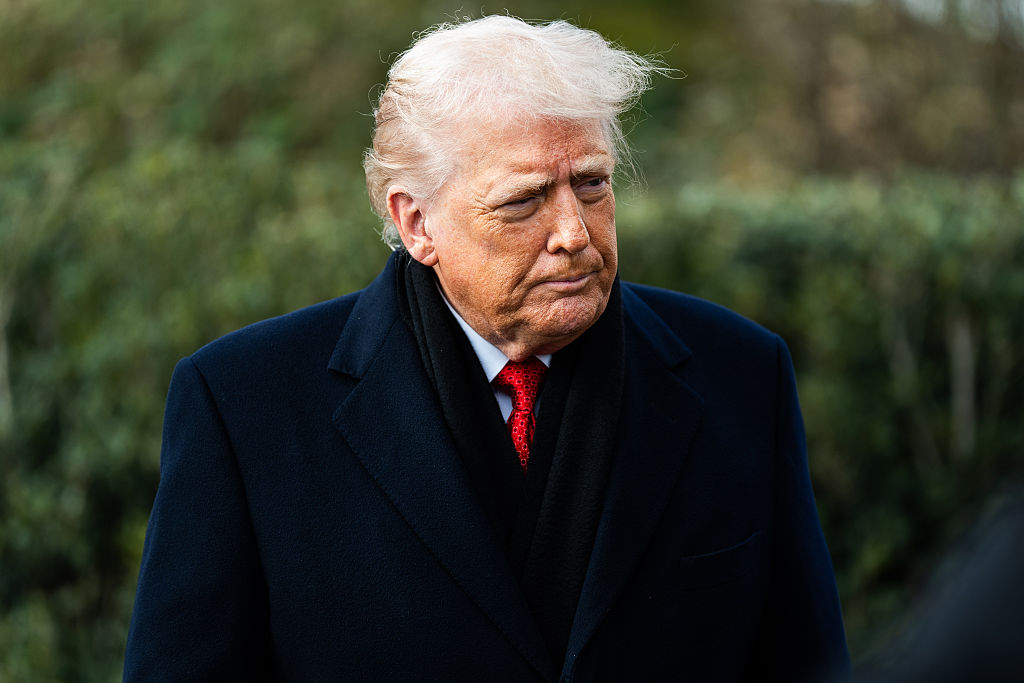New Gillette commercial "not an indictment on manhood," expert says
Gillette's latest commercial questioning "toxic masculinity" in the Me Too era is facing backlash from some viewers. With almost 20 million views on YouTube, the ad garnered 535,000 likes and 990,000 dislikes. But according to one expert on the intersection of masculinity and violence against women, the ad is being misconstrued.
"I think what's misunderstood by the backlash is that this is not an indictment on manhood. It's actually an invitation to men to be different, to be better, and don't all of us want to be better?" Ted Bunch, co-founder of the advocacy group, A Call to Men, said Friday on "CBS This Morning." His organization aims to educate men on "healthy, respectful manhood."
The commercial, titled "The Best Men Can Be," depicts bullying, sexual harassment and workplace gender dynamics, with a call for men to hold other men accountable. It prompts viewers to consider: "It's only challenging ourselves to do more that we can get closer to our best."
Bunch said the ad is challenging men to reflect on their privilege and impact on others.
"The fact of the matter is, men do talk over women in boardrooms. Men are sexually harassing at rampant rates. It doesn't speak to all the violence that men perpetrate toward women either," Bunch said. "But what's important, say when we talk about violence in particular, is that while the overwhelming majority of violence against women and girls is men's violence, the overwhelming majority of men are not violent but are silent about those that are. And that's as much a problem."
Psychologist and CBS News contributor Lisa Damour said research on masculinity shows men in our culture come "with an extra measure of power."
"So then this question about what to do with that power comes up. So to go off of what Ted was saying, men can either use that power to be violent or sexist, or they can use that power to stick up for people who have less power, to be positive leaders," Damour said. "In terms of the science of extremes of masculinity, ultra-macho behavior, it turns out that that is bad both for mental health and physical health. In terms of mental health, it is harmful to be denied the full range of human emotional experience."
Bunch addressed the "socialization of manhood," where lessons of manhood including "don't ask for help" or "don't show fear" are passed down generations. He also said men can be taught that women or girls have less value, or that they're sexual objects.
"We're all taught that at some level. It doesn't mean we act out on it in a negative way all of us, but some of us do," Bunch said. "So when we talk about even the backlash as you mentioned, this is the first generation of men being held accountable for something men have always gotten away with. It's a paradigm shift. We haven't figured it out. We don't know how to navigate it yet. So we want to push back."
Damour, who specializes in child development, said while media plays a role in teaching young men about masculinity, "a huge amount of it comes from how they police one another."
"To be a boy at school is to be part of a very heavily policing of not acting like a girl. It's not so much about being a certain kind of boy, it's not being a girl. And then those boys decide what girl-like behavior might be," Damour said. "So it might be crying. It might be taking school seriously. It might be being into arts. Anything that gets dubbed 'girlish' is then off the table."
But the key in intervening and talking to young boys about masculinity and that "policing" is to make sure they don't feel under attack or defensive, Damour stressed. For example, she said "toxic masculinity" is a charged term. "As a psychologist… once you throw something like that down, it is very hard to engage the people you need to engage in a conversation," Damour said.



